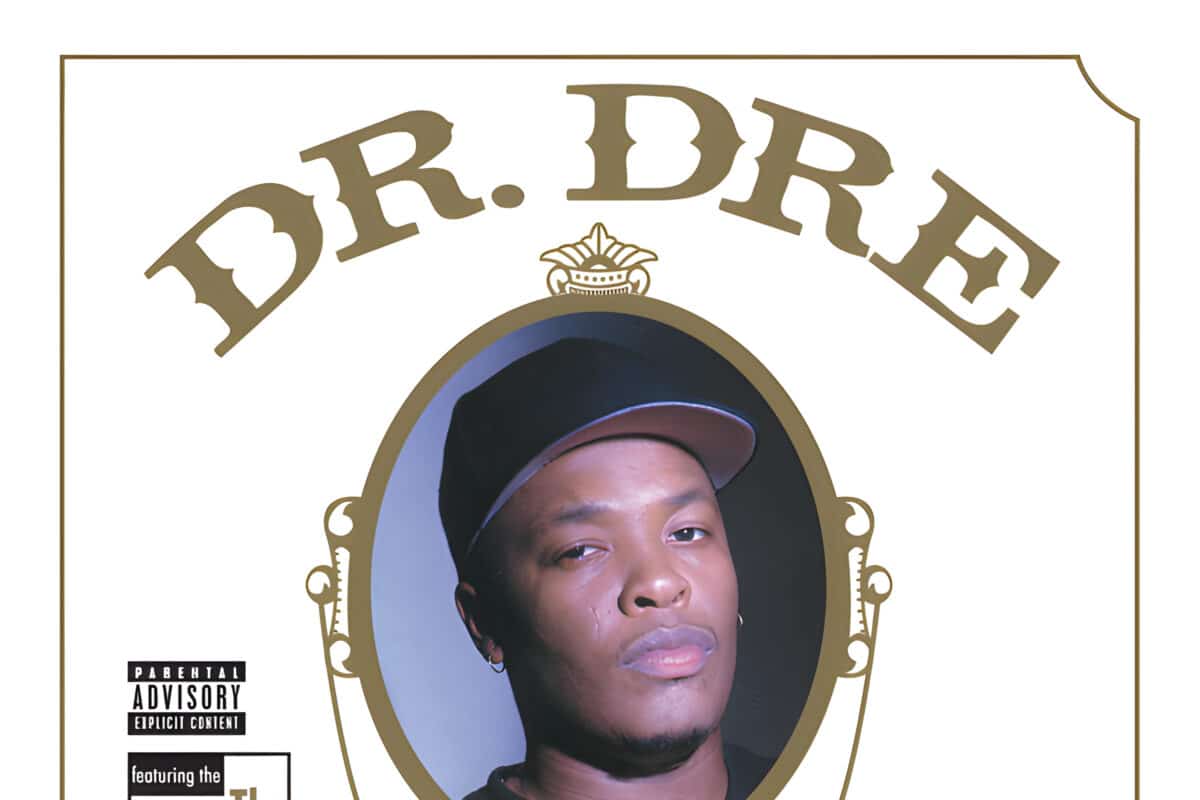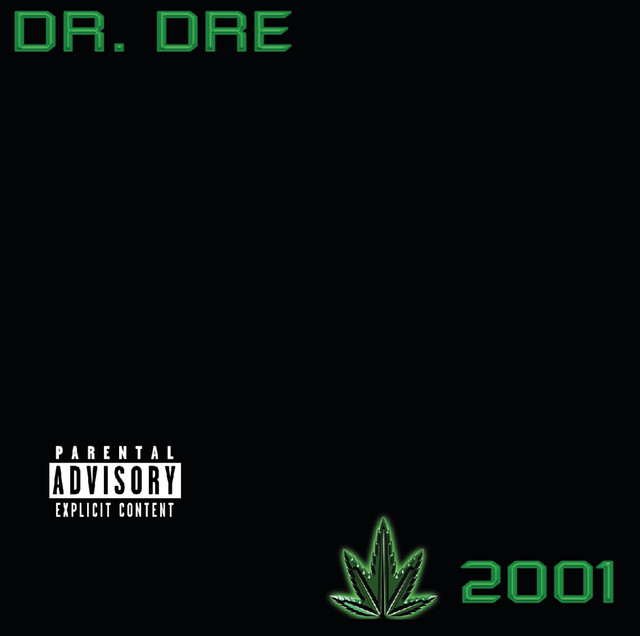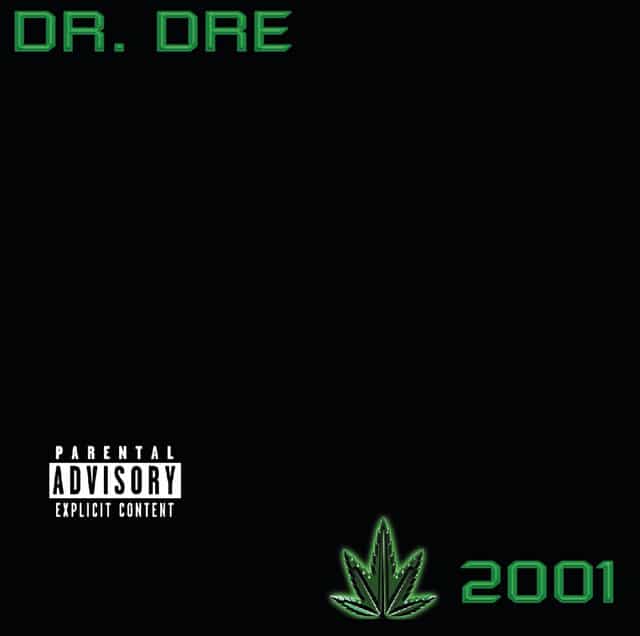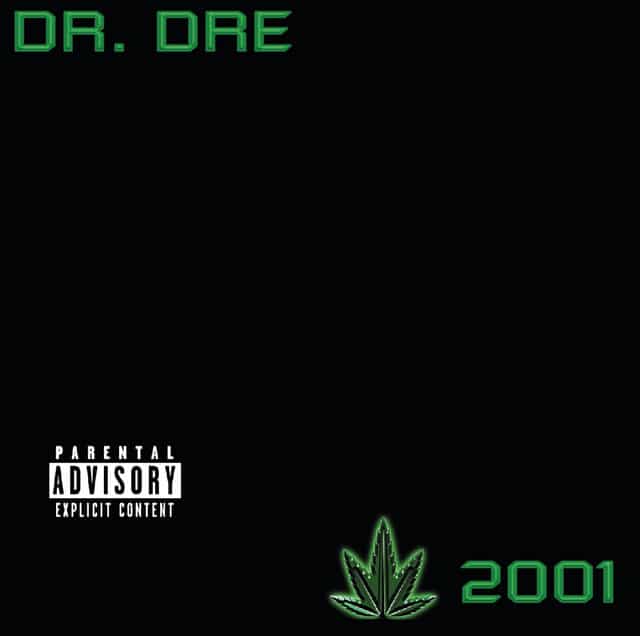Released: 1992
“Bitches Ain’t Shit” by Dr. Dre, featuring Snoop Dogg, Daz, Kurupt, and Jewell, is a quintessential 90s hip-hop track that embodies the gritty and raw ethos of gangsta rap. The song delves into themes of misogyny, the lifestyle of hustlers, and the lack of emotional connection with women, portraying them as disposable objects. The lyrics reflect the reality of street life and attitudes towards women during that era, pushing the boundaries of explicitness and controversy.
The recurring hook of the song, “Bitches ain’t shit but hoes and tricks,” serves as the thematic backbone, emphasizing a dismissive and derogatory attitude towards women. It’s a raw expression that paints a picture of women being perceived only for sexual gratification and utility. In the context of the 90s West Coast rap scene, this blunt sentiment echoes the hyper-masculine bravado that was prevalent in the genre.
In the opening verses, Dr. Dre sets the stage by describing a superficial relationship where women are used for sexual purposes and promptly dismissed afterward. Dre uses street slang and braggadocio to illustrate a carefree and hedonistic lifestyle. Lines like “Lick on deez nutz and suck the dick” starkly illustrate the graphic and unabashedly explicit language that gangsta rap became notorious for, adding to its controversial allure.
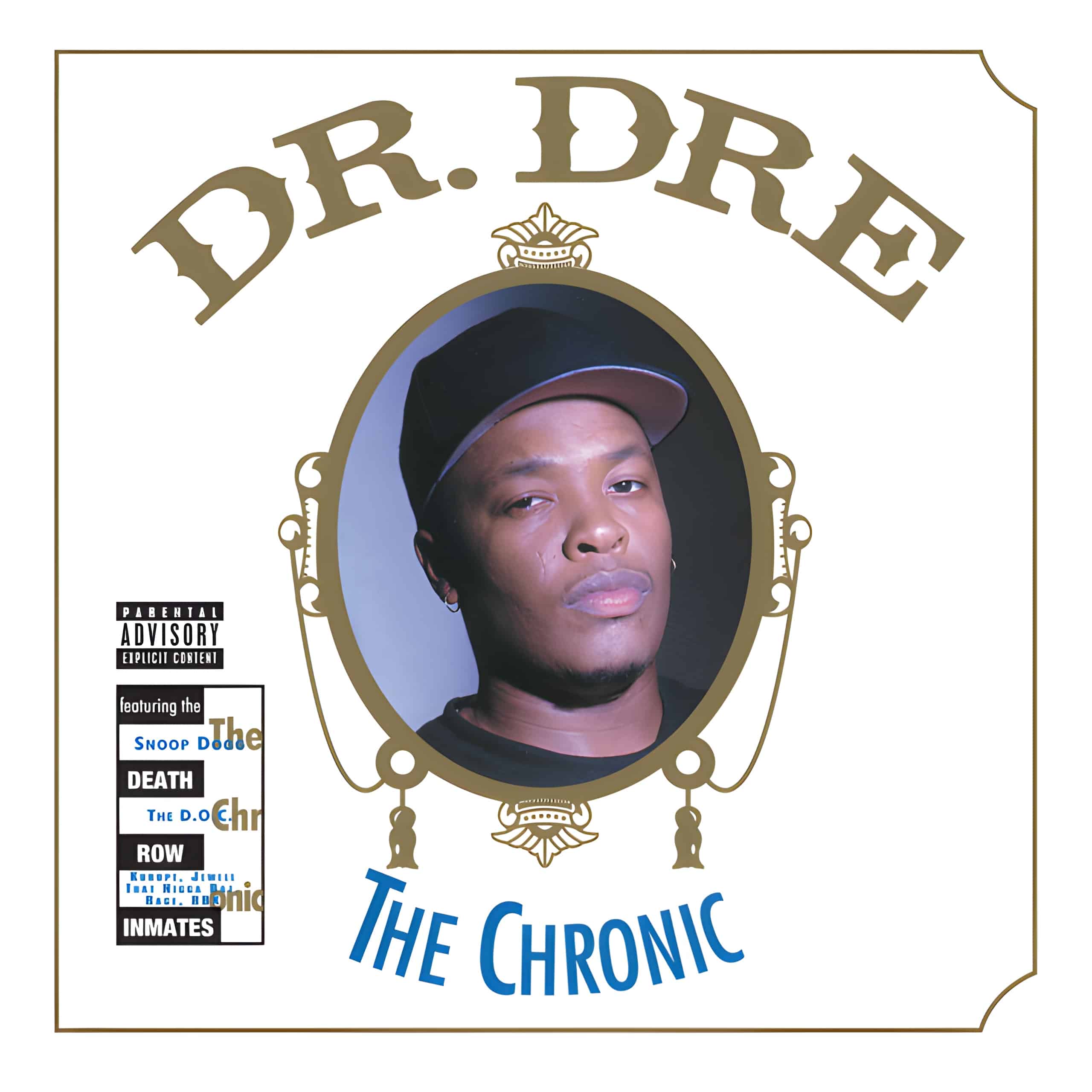
Dr. Dre then shifts into storytelling mode, reminiscing about a past relationship with a woman named Eric Wright. Through these lines, he touches on betrayal and disappointment, highlighting how financial motives can taint relationships. “Peep, the shit got deep and it was on,” suggests a realization that as long as financial benefits are present, authenticity in relationships may falter.
The verse transitions with a notable handover to Daz, who continues the theme of using women for monetary gain and transient pleasure. His verse continues to stress the opportunistic nature of such interactions, noting “We flip-flop and serve hoes like flap jacks.” This highlights the cyclical nature of such relationships—transient and untrustworthy.
Snoop Dogg’s verse further cements the themes, injecting his laid-back, smooth delivery with stark images of deceit and transactional relationships. “Snoop Doggy Dogg paged that must mean more hoes,” he raps, embodying the typical rap narrative of using a carefree attitude to mask the harsh realities of betrayal and the commodification of intimacy. This verse reflects Snoop’s unique style of delivering harsh truths in an effortless, charismatic manner.
As Snoop’s narrative unfolds, he shares a personal story about betrayal while he was incarcerated, creating a compelling and vivid picture of infidelity and broken trust. The verse “Kick in the do’, I look on the flo’, it’s my little cousin Daz and he’s fuckin’ my hoe,” narrates a dramatic discovery of disloyalty. This narrative illustrates the unpredictable nature of trust within the rap community, a recurring theme in Snoop’s lyrics.
Jewell adds a different layer to the song with her melodic lines that soften the hard-hitting narrative, creating a juxtaposition of a softer, soulful delivery against the harsh words. This interjection of melody provides a unique contrast and gives listeners a break from the relentless storytelling.
Kurupt adds to the ongoing narrative, weaving his own experience into the fabric of the song. His verses echo the overarching theme, solidifying the notion that trust and emotional connection are rare in this portrayed lifestyle. Kurupt’s contribution highlights his perspective as part of the larger story being told in “Bitches Ain’t Shit.”
“Bitches Ain’t Shit” stands as a controversial yet influential track within the realm of gangsta rap, a reflection of its time that still sparks debate today. Despite the aggressive content and explicit nature of its lyrics, it encapsulates a slice of hip-hop history, representing the candid expressions of artists navigating their reality. The song’s raw portrayal of relationships and street life exemplifies the complexity and gritty authenticity of the genre, underscoring why it continues to provoke discussion years after its release.
